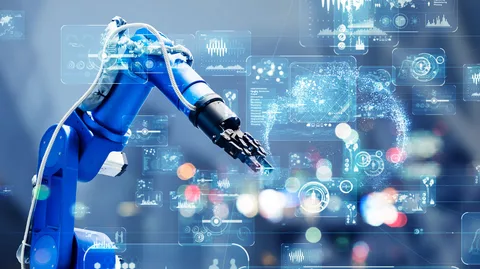The industrial and manufacturing landscape has undergone a massive transformation over the past century. One of the most significant changes has been the shift from manual to automated: the evolution of machine control systems. This evolution has reshaped production efficiency, safety, and quality across multiple industries.
Early Days: The Era of Manual Control
Before automation, machines were operated manually. Skilled workers directly controlled machinery using levers, dials, and physical adjustments. This method was labor-intensive, prone to human error, and limited in precision and speed. While manual control allowed for flexibility, it was not scalable for the growing demands of modern manufacturing.
Introduction of Basic Automation
The first wave of automation began with electromechanical relays and simple programmable logic controllers (PLCs). These early control systems could execute pre-defined sequences, reducing the need for constant human intervention. The transition from manual to automated: the evolution of machine control systems at this stage improved consistency and reliability but still required substantial operator oversight.
Modern Automated Control Systems
Today’s machine control systems integrate advanced technologies such as sensors, robotics, artificial intelligence (AI), and the Internet of Things (IoT). This digital transformation enables real-time monitoring, predictive maintenance, and adaptive control strategies that optimize machine performance. The shift from manual to automated: the evolution of machine control systems has not only enhanced productivity but also enabled customization and complex manufacturing processes that were previously impossible.
Benefits of Automation in Machine Control
Automated control systems offer numerous advantages:
- Increased accuracy and precision
- Reduced human error and improved safety
- Enhanced operational speed and efficiency
- Data-driven insights for continuous improvement
These benefits underscore why industries continue to invest heavily in the latest control technologies.
Looking Ahead: The Future of Machine Control
As automation technologies evolve, the future promises even more intelligent and autonomous machine control systems. Integration with AI-driven decision-making and cloud-based platforms will further streamline operations and open new frontiers in smart manufacturing.
From manual to automated: the evolution of machine control systems is a story of innovation that reflects the broader digital revolution transforming industries worldwide. By embracing these advancements, manufacturers can meet increasing demands while maintaining quality and safety standards.



